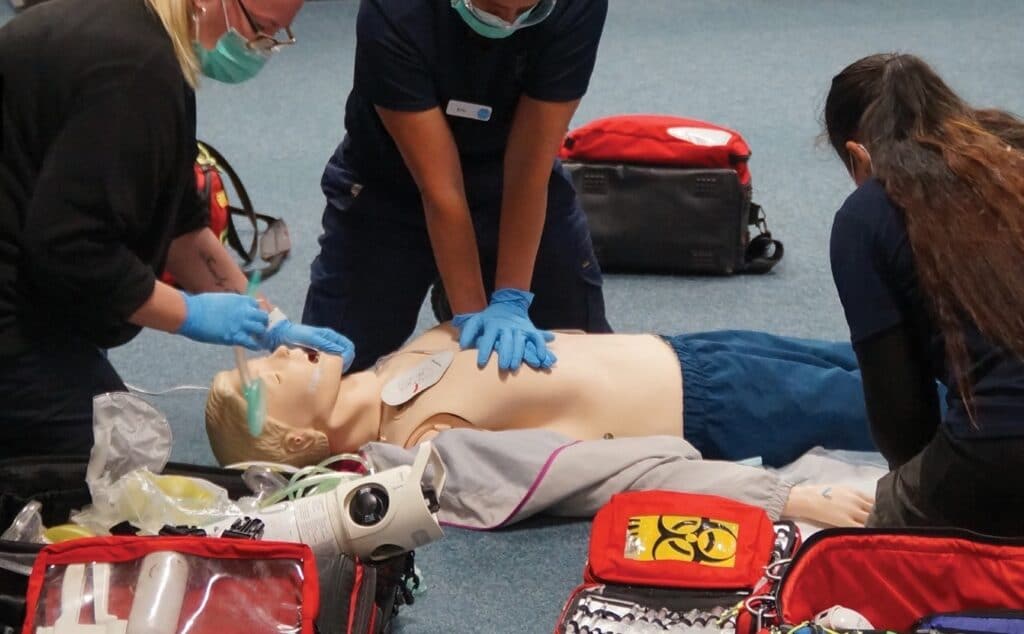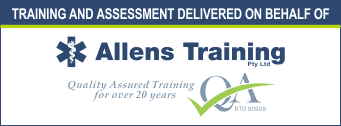Who is required to do advanced resuscitation training?
Who is required to do Advanced Resuscitation training in Brisbane?
Unfortunately, My First Aid Course Brisbane has found it all too common that workers who may be required to use advanced resuscitation equipment, have not been trained and certified to use it.
Consequently, costly mistakes can be made, putting everyone at risk in an emergency, while a casualty misses out on advanced resuscitation techniques that could save their life.
An advanced resuscitation course (sometimes called advanced resus course or advanced CPR) is a step up from the standard Cardiopulmonary Resuscitation course (CPR), as it includes training in the use of specialised equipment in the provision of resuscitation and oxygen therapy in line with the Australian Resuscitation Council (ARC) guidelines.
Do I need advanced resuscitation training?
Anyone who, as a part of their work or volunteer role, has access to specialised equipment for resuscitation, should complete the advanced training as part of their duty of care.
This would include, for example, someone who manages a first aid room at a workplace with specialised equipment, a designated first responder at a swimming pool, members of a medical or first response team in a remote workplace or area, or sports first aiders with oxygen equipment, to name a few.
What is specialised equipment for resuscitation and oxygen therapy?
Specialised resuscitation equipment that requires advanced training to use in the workplace can include the following:
- therapeutic oxygen cylinders
- oxygen regulator
- bag-valve-mask
- basic airway adjuncts
- airway suction
- pulse oximeter (oxygen saturation monitor device)
- arterial tourniquet
- haemostatic dressings
What will I learn in an advanced resuscitation course?
In My First Aid Course Brisbane‘s industry-leading advanced resuscitation course, participants will be trained and assessed on their ability to:
- assess for the need for resuscitation using a pulse oximeter
- manage life-threatening bleeding
- provide resuscitation and defibrillation
- insert a basic airway adjunct
- deliver supplemental oxygen through a bag-valve-mask
- manage equipment malfunctions during delivery
- monitor and coordinate maintenance of resuscitation equipment and oxygen therapy equipment, including dismantling, storage, disposal, cleaning and decontamination, checking and diagnosis of faults.
- And all aspects of reporting and debriefing after an incident
Where are advanced resuscitation courses in Brisbane?
My First Aid Course offers nationally recognised advanced resus courses in Brisbane weekly at multiple venues across the city (see our public course schedule). Our highly experienced trainers can also come onsite to your workplace to deliver the training.
If you or your workplace require more info or wish to book advanced resuscitation training, call us today or check out the course info page and book online.
- See more info on HLTAID015 Provide advanced resuscitation and oxygen therapy



